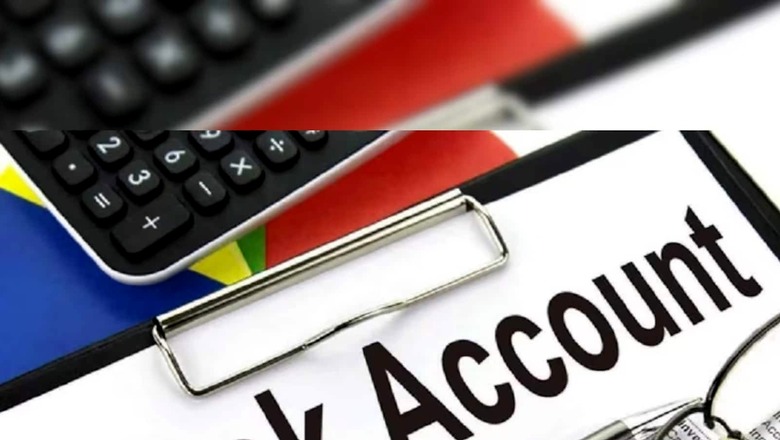
views
A bank statement, also known as an account statement, is a record that summarises all of your transactions for a given month. It is usually sent by the bank to the account holder each month. Account information, including account numbers and a thorough summary of deposits and withdrawals, can be found on bank statements. Now banks are also sending e-account statements directly to the email account of the account holder. The statement is protected by a password.
An account holder receives a bank statement from the bank that details all of the account’s actions. It enables the account holder to view every activity that has been completed on their account. On a predetermined date, banks typically email an account holder monthly statements. Additionally, transactions are usually listed on a statement in chronological sequence. But do you notice and analyse your financial statements monthly or yearly?
If not, then an account holder should observe and keep note of his or her transactions. This protects them from being overcharged by the bank authorities. Moreover, an account holder can notice any untoward transaction which he or she hasn’t done. Hence, financial markets experts advise keeping a check of the bank statement whether monthly or yearly.
Account users should look for errors when reconciling their bank account with their bank statement. Account users are required to write down any discrepancies as soon as they can. An account statement is another name for a bank summary. It demonstrates whether the bank is responsible for account holders’ funds.
Bank statements are an excellent resource for account users to manage their finances. Account holders can use them to monitor their spending, spot errors, and find patterns. Every day, every week, or every month, an account user should check their bank account to make sure their records line up with the bank’s records. By doing this, fraud, errors, and overdraft costs are decreased.
Any discrepancies must be immediately disclosed to the bank if they are discovered. Account holders typically have 60 days following the date of their statement to contest any mistakes. Monthly accounts should be kept for at least a year.
Avoid using a public wi-fi network to monitor your bank account online. If you are linked to the same network, a professional hacker may access your personal information.
Read all the Latest Business News here














Comments
0 comment